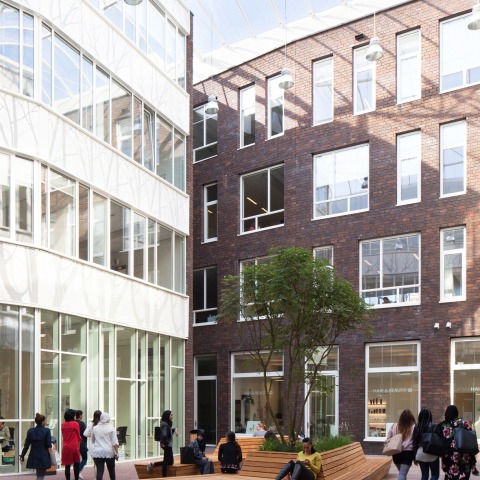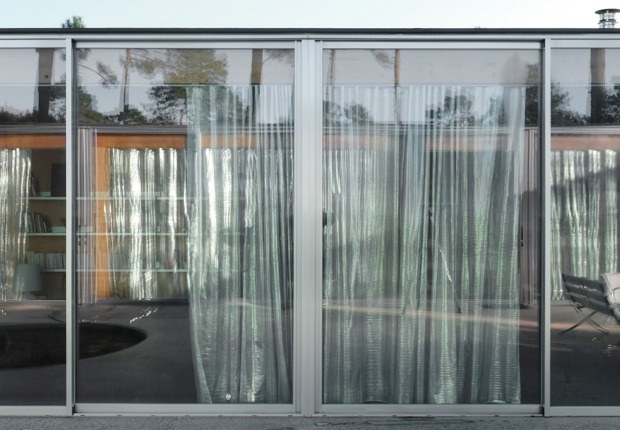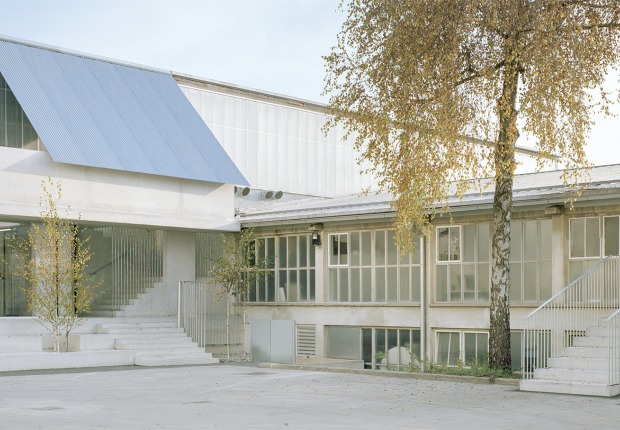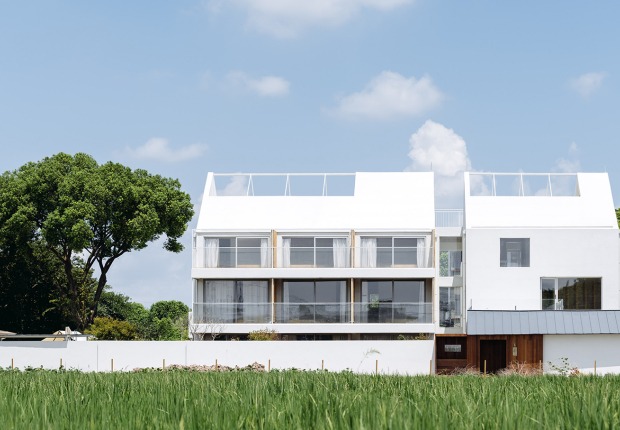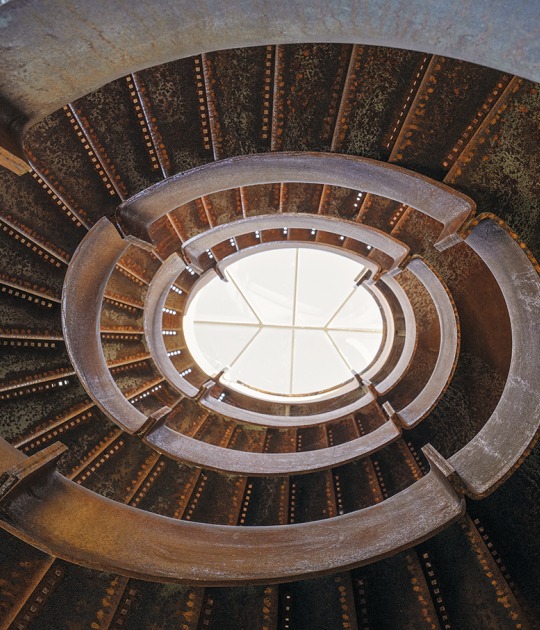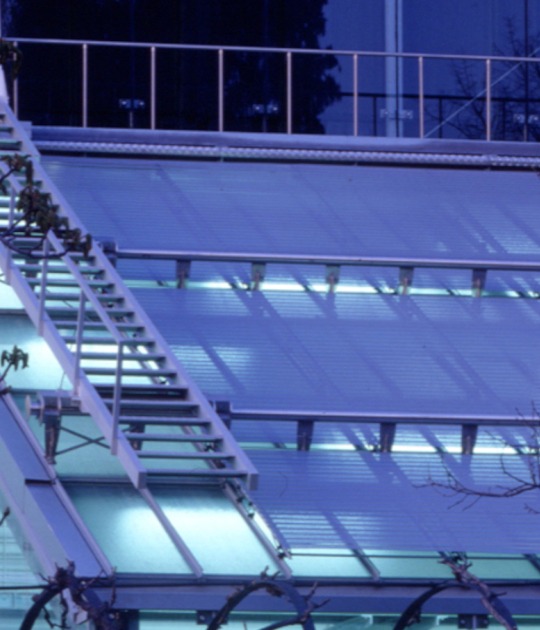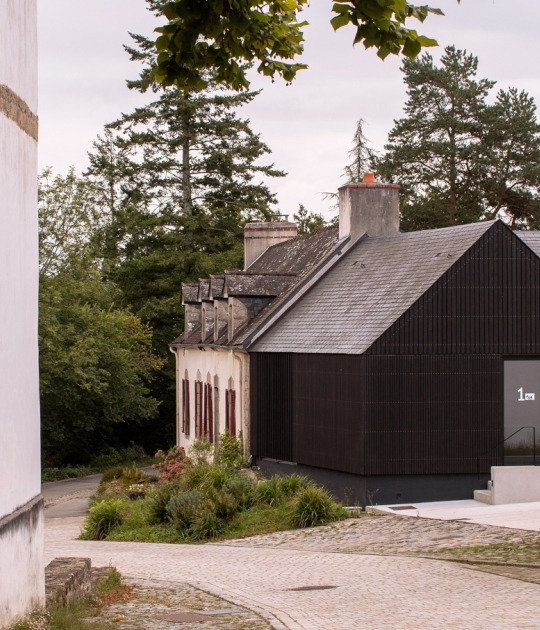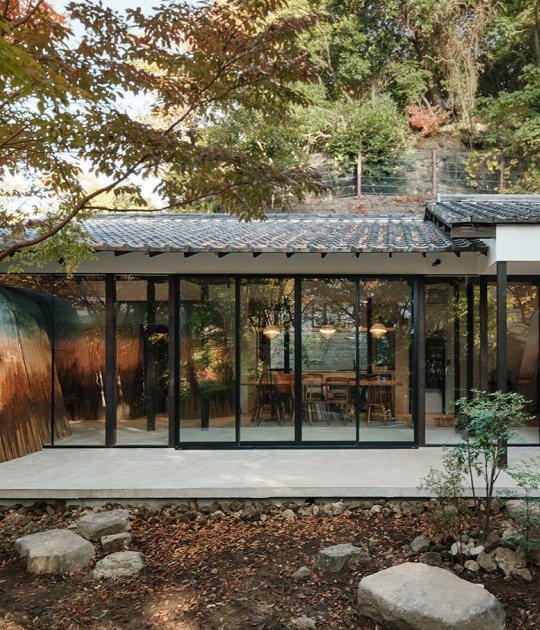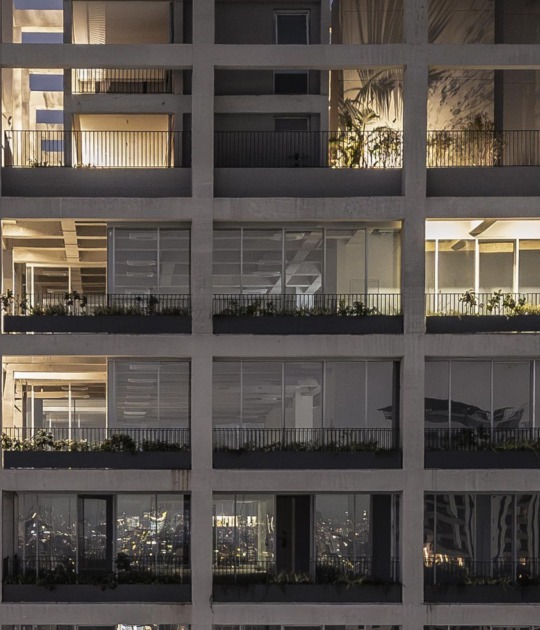The new School for Vocational Education offered by ID College and ROC Leiden is a work of the architects Mecanoo and it's conceived from the duality of the creation of a new volume that, coexisting with a monumental construction makes the best out of the building. The space, designed to be easily adapted to the newest educational techniques, also plays with the mixing of private and public spaces in its outside circulations.
Description of the project by Mecanoo
ID College and ROC Leiden offer secondary vocational training and education. The new build location in the historic city centre of Leiden accommodates the vocational education for students in healthcare. The complexity and historical nature of the inner city siterequiredathorough analysis in order to developed a design vision which reconciled these aspects within the brief. The integrated approach in which architecture, urban planning, landscape, interior design and engineering converge results in a unique design.
Strengthening structure and identity
The design reflects the character of the site, whilst strengthening the structure and identity of Leiden’s historical centre. The new building for ID College and ROC Leiden has a modest appearance, befitting its context. Varyingvolumes and functions are unified behinda coherent brick facade. The former post office building has been integrated into the new facility and remains recognisable as an independent building. The various departments are connected by alleys and three courtyards, each with their own unique identity. There is a courtyard for the teaching staff, one for the students and a public courtyard in the form of an atrium.
Part of the city
The new building is part of the economic and social fabric of the city of Leiden. A central alley runs through the complex, connecting the Breestraat to Boommarktand passing through the atrium. During school hours, this alley is publicly accessible. The transparent facades allow passers-by to view practice rooms and other public functionsfrom the street and the atrium. This orientation of views from public to private provides a safe atmosphere for the students and staff.
Anticipating changing needs
The ID College facilities are designed with flexibility in mind andfacilitate the latest developments in teaching methods. The building has been arranged to anticipate new forms of education and changing needs for space and layouts. The multifunctional layout can accommodate differentindividual and collective uses and includesworkspaces for data collection, group work spaces, and common roomsfor social interaction.
